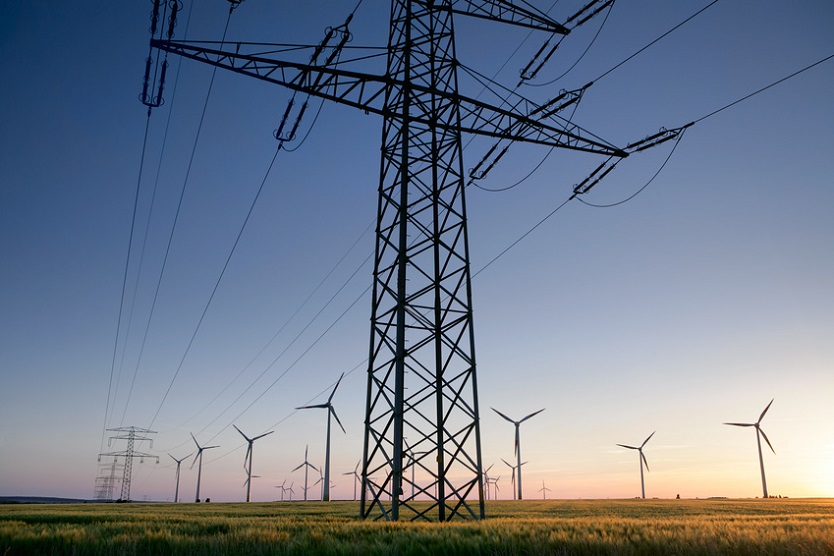
Over the next four years three universities, Siemens and Amprion will develop a system that provides grid stability and levels out the electricity supply.
© fotolia.com/thomaslerchphoto
Wind and solar power are variable energy sources by their very nature. The need to develop technical solutions to even-out load fluctuations, frequency spikes and grid faults becomes more pressing as increasing numbers of renewable energy plants are connected to Germany’s grid.
Over the next four years, researchers from the Electrotechnical Institute (ETI) at The Technical University (TU) of Dresden, the Technical University (TU) of Dortmund, and Leibniz University Hannover will be working with Siemens Energy Global and Amprion GmbH to develop a system that provides stability and levels out the electricity supply.
The proposed ARESS (Asynchronous Rotating Energy System Stabiliser) solution will consist of two key elements: a regulated Modular Multilevel Matrix Converter (M3C) and a double-fed three-phase asynchronous generator with a flywheel. The flywheel is essentially a mechanical energy storage device, providing a similar function to the large, rotating synchronous generators used in today’s conventional power plants. The M3C will modulate the generator system to the grid's requirements and manage demand-oriented control of the entire system.
Engineers from the TU Dresden and Siemens are building a demonstration system with a new kind of control platform. The kit will then be tested at ETI Dresden using sophisticated control algorithms before being put into practice in an operational plant.
The ARESS project is funded by the Federal Ministry for Economic Affairs and Energy with just over half a million euros until 2026.


